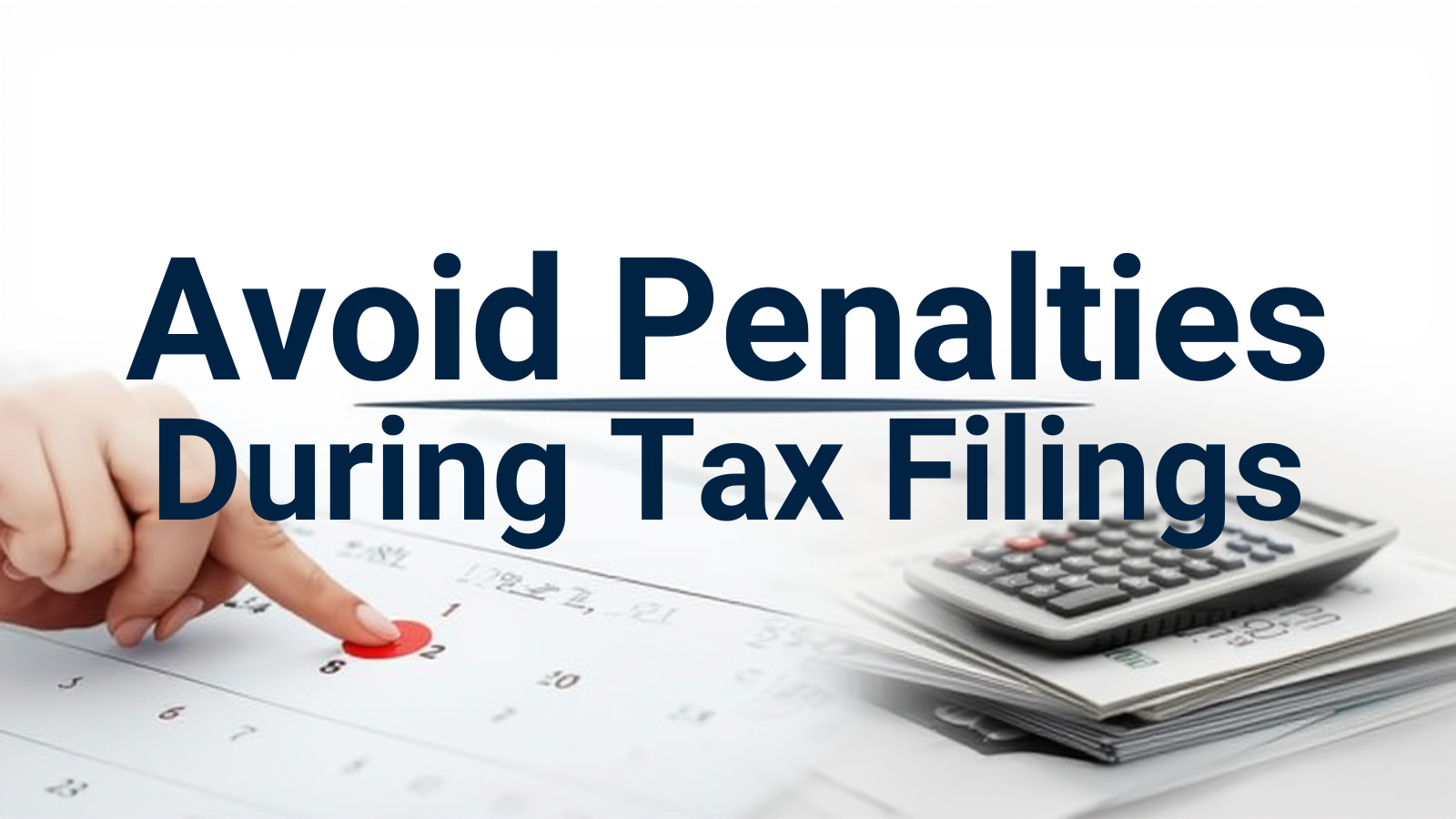How Nigerian SMEs Can Avoid Penalties During Year-End Tax Filings

As the year winds down, many business owners across Nigeria begin to feel the weight of tax season approaching. For some, this period brings pressure, confusion, and, unfortunately, unexpected penalties from FIRS or state tax authorities.
But it doesn’t have to be that way.
Whether you run a tech start-up in Yaba, a private school in Abuja, a clinic in Ibadan, a fashion brand in Lekki, or an agro-business in Kaduna, or you’re providing professional services anywhere in the country—staying compliant is absolutely possible with the right structures in place.
At Taisha Associates, we have seen firsthand how small mistakes lead to big penalties. This article breaks down practical steps that Nigerian SMEs can follow to ensure their year-end tax filings are accurate, timely, and penalty-free.
Why Do SMEs Get Penalized During Year-End Filings?
Year-end penalties rarely happen because a business is intentionally negligent. They usually stem from three avoidable issues:
1. Poor Record Keeping
Many businesses fail to maintain accurate income and expense records, making it difficult to prepare returns correctly.
2. Missing Filing Deadlines
Every tax type has its own deadline. Failure to meet them leads to automatic penalties.
3. Incorrect or Incomplete Returns
Submitting returns with wrong figures, missing schedules, or errors—often due to a last-minute rush—triggers compliance issues.
The good news? All these can be prevented with simple, consistent systems.
1. Keep Your Records Updated All Year Round
Year-end tax filing begins long before December. The easiest way to avoid penalties is to update your books monthly.
Your business should maintain:
-
Sales records
-
Expense receipts
-
Invoices issued and received
-
Payroll information
-
Bank statements
-
Petty cash records
When your financial records are organized, your accountant can prepare your returns accurately and on time. Disorganized books guarantee filing delays and possible penalties.
2. Reconcile Your Books Before Filing
One major reason FIRS queries returns is because the submitted figures do not match actual bank inflows, withholding tax credits, or VAT/PAYE schedules.
Before filing:
-
Reconcile bank statements
-
Match receipts with income
-
Confirm VAT and PAYE remittances
-
Verify withholding tax credits
-
Review loan transactions and capital injections
A full reconciliation ensures your financial statements are accurate and defensible in case of audits.
3. Know and Track All Filing Deadlines
Every tax type in Nigeria has different deadlines. Here are some key ones:
| Tax Type | Deadline |
|---|---|
| VAT | 21st of the following month |
| PAYE | 10th of the following month |
| WHT | 21st of the following month |
| Companies Income Tax (CIT) Annual Returns | 6 months after the financial year-end |
| Personal Income Tax Returns | March 31st |
Missing any of these deadlines attracts automatic penalties—even for NIL filings.
To stay safe:
-
Set digital reminders
-
Use an accounting calendar
-
Outsource to an accountant who tracks deadlines for you
4. File Your Returns Even If Your Business Made Zero Sales
A very common misconception among SMEs is
“If I didn’t make money, I don’t need to file.”
This is wrong.
Whether you made a profit, loss, or had no activity, you must still file NIL returns. FIRS and state tax authorities charge penalties for late NIL filings the same way they charge for late-paid returns.
Filing NIL returns protects your business record and prevents avoidable compliance issues.
5. Keep Evidence of All Payments and Filings
Sometimes businesses get penalized simply because the system cannot see proof of past payments.
Keep digital copies of:
-
Remita receipts (RRR)
-
Bank payment slips
-
Tax clearance certificates
-
Filing acknowledgments
-
FIRS or state tax portal receipts
Organized evidence protects you during audits and helps resolve disputes quickly.
6. Separate Personal and Business Finances
This is one of the biggest sources of inaccurate filings among Nigerian SMEs.
When personal spending enters the business account—or vice versa—your financial statements become misleading. This leads to wrong tax computations, overpayment or underpayment, and potential fines.
To stay compliant:
-
Use a dedicated business bank account
-
Pay yourself a salary or owner’s draw
-
Avoid cash withdrawals that mix personal and business use
-
Keep your books clean and easy to audit
7. Work With a Professional During Year-End
Year-end filing is not the time to guess numbers or rely on untrained staff.
A professional accountant understands:
-
Nigerian tax laws and updates
-
Allowable and disallowable expenses
-
Incentives and exemptions
-
Industry-specific compliance requirements
-
How to avoid red flags that attract tax queries
Working with an expert saves you from costly errors and ensures you don’t pay more tax than necessary.
Final Thoughts: Stay Compliant, Stay Confident
Here’s a quick recap of how to avoid penalties during year-end tax filing:
-
Keep proper records
-
Reconcile your books
-
Track all deadlines
-
File even if you had zero activity
-
Keep evidence of payments and filings
-
Separate business and personal finances
-
Work with a professional
With the right systems, tax season becomes stress-free—not something to fear.
At Taisha Associates, we support Nigerian SMEs all year round with:
-
Bookkeeping
-
Monthly tax filings
-
FIRS & state tax compliance
-
Year-end financial statements
-
Tax planning and audit support
If you’d like us to review your books or help you prepare for year-end filing, visit:
www.taishaaccountingservices.com.ng
Let’s help you stay compliant, avoid penalties, and position your business for growth.

Leave a Reply